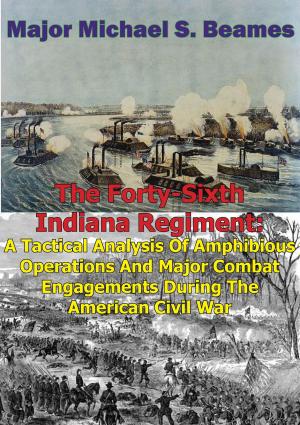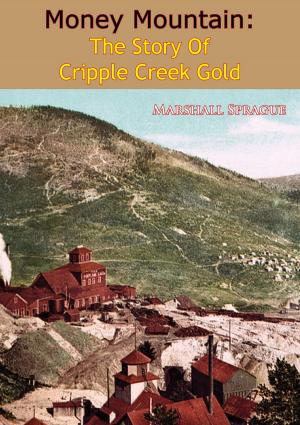“Worthy Of His Sufferings”: How Strategic Leaders Learned From Failure
Nonfiction, History, Military, Weapons, United States| Author: | Brian L. Gilman | ISBN: | 9781782899143 |
| Publisher: | Golden Springs Publishing | Publication: | August 15, 2014 |
| Imprint: | Golden Springs Publishing | Language: | English |
| Author: | Brian L. Gilman |
| ISBN: | 9781782899143 |
| Publisher: | Golden Springs Publishing |
| Publication: | August 15, 2014 |
| Imprint: | Golden Springs Publishing |
| Language: | English |
History provides numerous examples of leaders who failed at some point in their career, yet went on to become great leaders. Their example demonstrates that experiencing failure does not necessarily equate to failed leadership-leaders can and do recover from failure to become better leaders. But how does this occur? How does a leader turn the psychological trauma of failure into an important learning experience that leads to personal growth? What leadership characteristics and actions are most important in recovering from a leadership failure? This paper examines these questions along several major themes: first, the psychological trauma of failure and the pathways to post-traumatic growth following failure; second, a study of how contemporary leaders grew from failure; and third, historical case studies on two strategic leaders who grew from the experience of failure: Ulysses S. Grant and Dwight D Eisenhower. In conclusion, the paper compares the lessons from these historical case studies to those drawn from the first two themes to identify the key leadership characteristics and actions that enable leaders to recover from failure.
History provides numerous examples of leaders who failed at some point in their career, yet went on to become great leaders. Their example demonstrates that experiencing failure does not necessarily equate to failed leadership-leaders can and do recover from failure to become better leaders. But how does this occur? How does a leader turn the psychological trauma of failure into an important learning experience that leads to personal growth? What leadership characteristics and actions are most important in recovering from a leadership failure? This paper examines these questions along several major themes: first, the psychological trauma of failure and the pathways to post-traumatic growth following failure; second, a study of how contemporary leaders grew from failure; and third, historical case studies on two strategic leaders who grew from the experience of failure: Ulysses S. Grant and Dwight D Eisenhower. In conclusion, the paper compares the lessons from these historical case studies to those drawn from the first two themes to identify the key leadership characteristics and actions that enable leaders to recover from failure.

![Cover of the book The American War of Sucession – 1861-1862 {Illustrated Edition] by Brian L. Gilman](https://www.kuoky.com/images/2012/may/300x300/9781908902603-fHpC_300x.jpg)

![Cover of the book My First Days in The White House [Illustrated Edition] by Brian L. Gilman](https://www.kuoky.com/images/2016/august/300x300/9781787200364-TbCQ_300x.jpg)






![Cover of the book Staff Ride Handbook For The Battle Of Perryville, 8 October 1862 [Illustrated Edition] by Brian L. Gilman](https://www.kuoky.com/images/2014/august/300x300/9781782895312-4tZA_300x.jpg)




